Apple incorporated the announcement of this year’s Apple Design Award winners into its virtual Worldwide Developer Conference (WWDC) online event, instead of waiting until the event had wrapped, like last year. Ahead of WWDC, Apple previewed the finalists, whose apps and games showcased a combination of technical achievement, design and ingenuity. This evening, Apple announced the winners across six new award categories.
In the Inclusivity category, winners supported people from a diversity of backgrounds, abilities and languages.
This year, winners included U.S.-based Aconite’s highly accessible game, HoloVista, where users can adjust various options for motion control, text sizes, text contrast, sound, and visual effect intensity. In the game, users explore using the iPhone’s camera to find hidden objects, solve puzzles and more. (Our coverage)
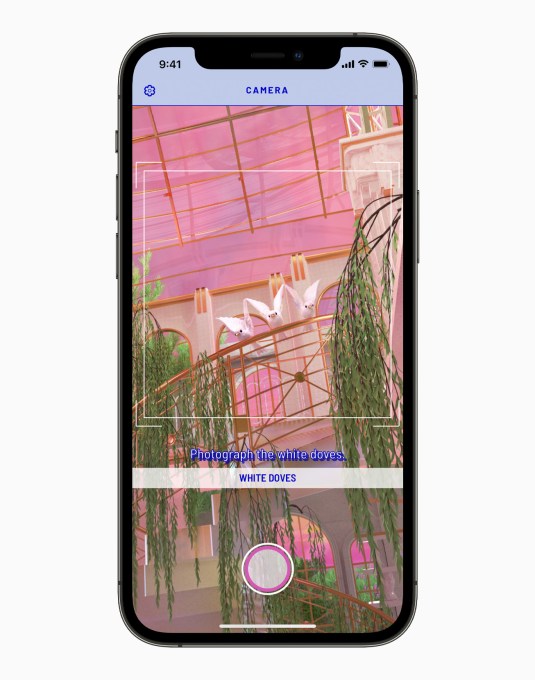
Image Credits: Aconite
Another winner, Voice Dream Reader, is a text-to-speech app that support more than two dozen languages and offers adaptive features and a high level of customizable settings.
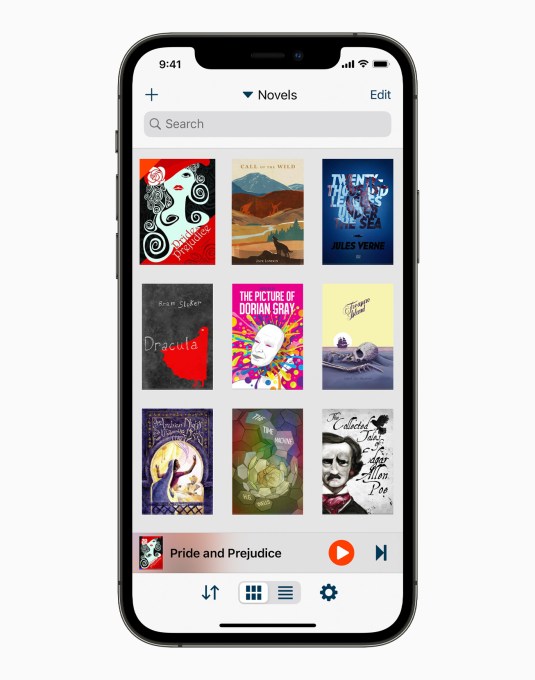
Image Credits: Voice Dream LLC
In the Delight and Fun, category, winners offer memorable and engaging experiences enhanced by Apple technologies. Belgium’s Pok Pok Playroom, a kid entertainment app that spun out of Snowman (Alto’s Adventure series), won for its thoughtful design and use of subtle haptics, sound effects and interactions. (Our coverage)
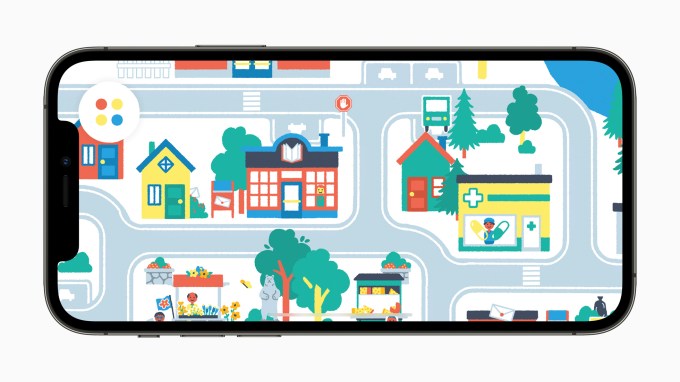
Image Credits: Pok Pok
Another winner included U.K.s’ Little Orpheus, a platformer that combines storytelling, surprises, and fun and offers a console-like experience in a casual game.
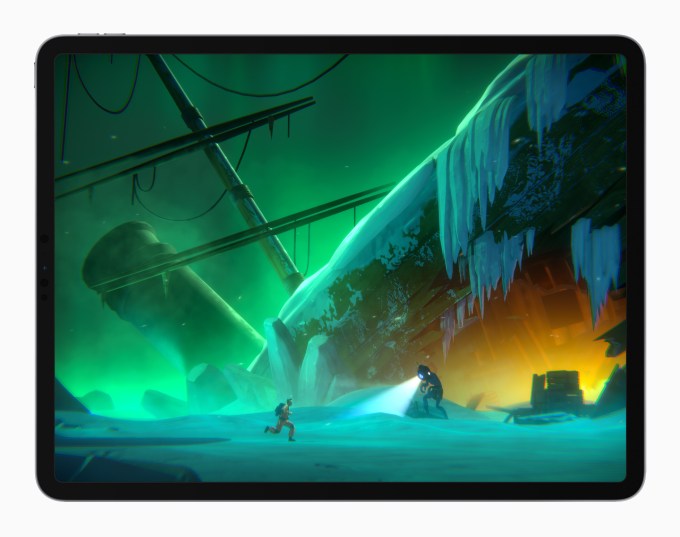
Image Credits: The Chinese Room
The Interaction category winners showcase apps that offer intuitive interfaces and effortless controls, Apple says.
The U.S.-based snarky weather app CARROT Weather won for its humorous forecasts, unique visuals, and entertaining experience, which is also available as Apple Watch faces and widgets.
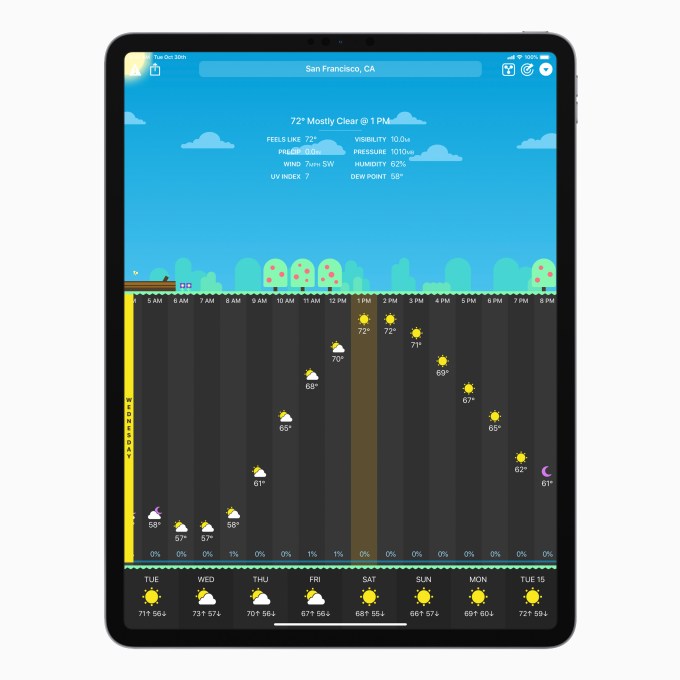
Image Credits: Brian Mueller, Grailr LLC
Canada’s Bird Alone game combines gestures, haptics, parallax, and dynamic sound effects in clever ways to brings its world to life.
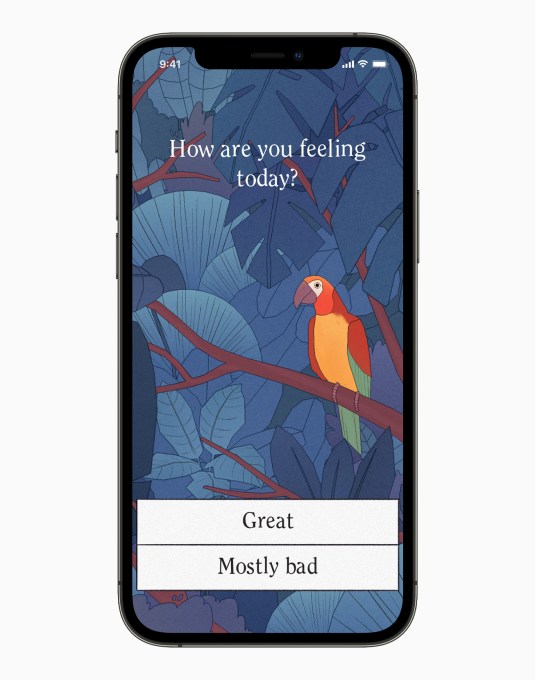
Image Credits: George Batchelor
A Social Impact category doled out awards to Denmark’s Be My Eyes, which enables people who are blind and low vision to identify objects by pairing them with volunteers from around the world using their camera. Today, it supports over 300K users who are assisted by over 4.5M volunteers.
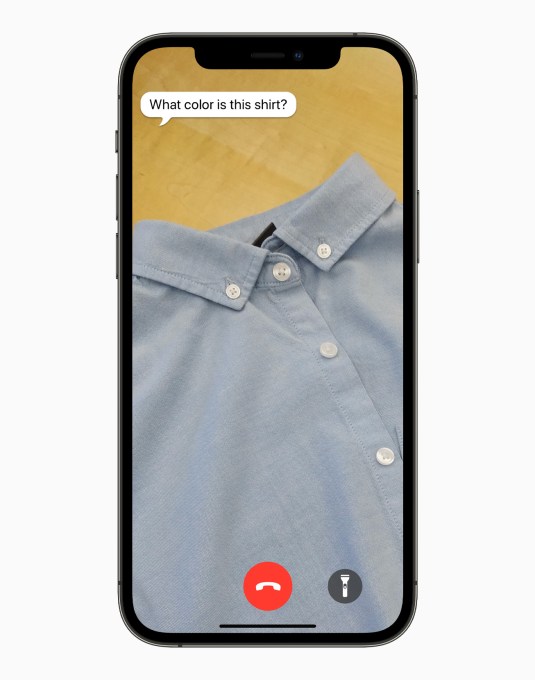
Image Credits: S/I Be My Eyes
U.K.’s ustwo games won in this category for Alba, a game that teaches about respecting the environment as players save wildlife, repair a bridge, clean up trash and more. The game also plants a tree for every download.
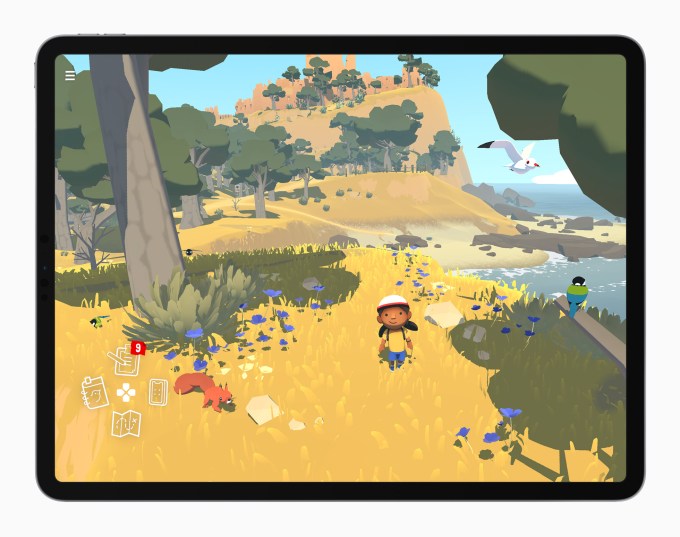
Image Credits: ustwo games
The Visuals and Graphics winners feature “stunning imagery, skillfully drawn interfaces, and high-quality animations,” Apple says.
Belarus-based Loóna offers sleepscape sessions which combine relaxing activities and atmospheric sounds with storytelling to help people wind down at night. The app was recently awarded Google’s “best app” of 2020.
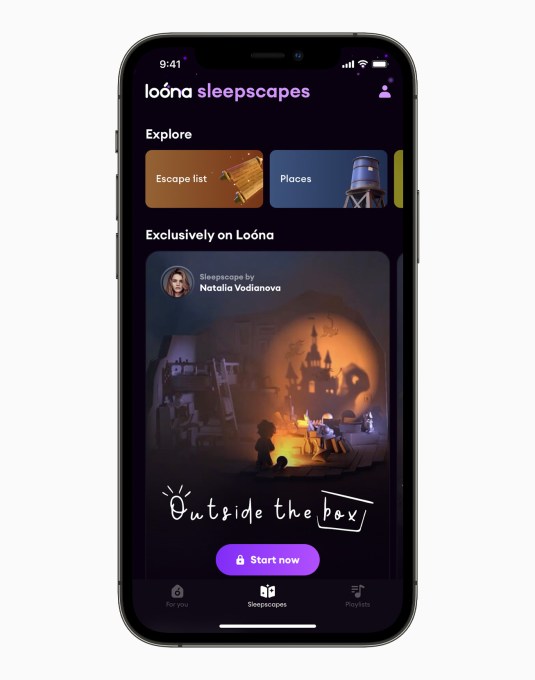
Image Credits: Loóna Inc
China’s Genshin Impact won for pushing the visual frontier on gaming, as motion blur, shadow quality, and frame rate can be reconfigured on the fly. The game had previously made Apple’s Best of 2020 list and was Google’s best game of 2020.
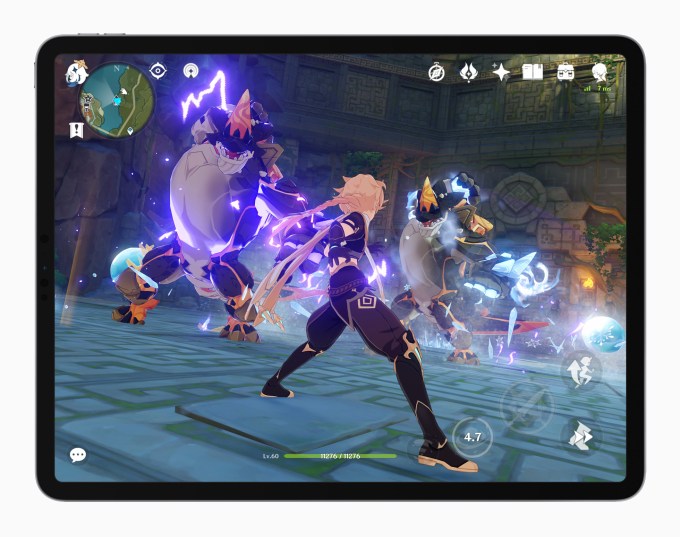
Image Credits: miHoYo Limited
Innovation winners included India’s NaadSadhana, an all-in-one, studio-quality music app that helps artists perform and publish. The app uses A.I. and Core ML to listen and provide feedback on the accuracy of notes, and generates a backing track to match.
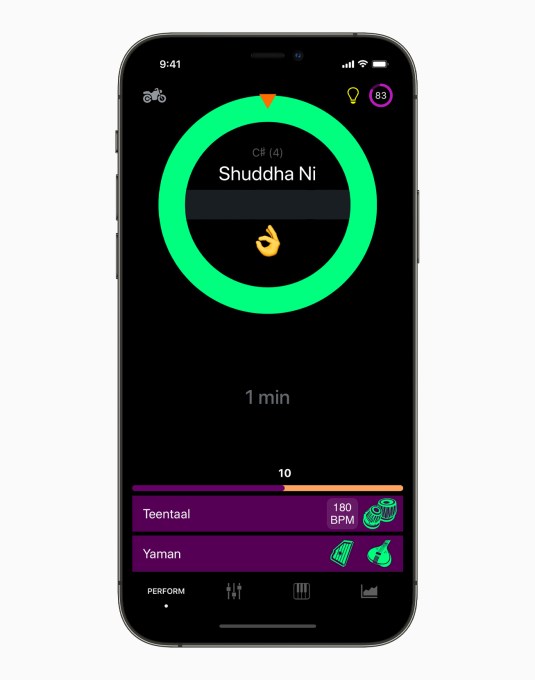
Image Credits: Sandeep Ranade
Riot Games’ League of Legends: Wild Rift (U.S.) won for taking a complex PC classic and delivering a full mobile experience that includes touchscreen controls, an auto-targeting system for newcomers, and a mobile-exclusive camera setting.
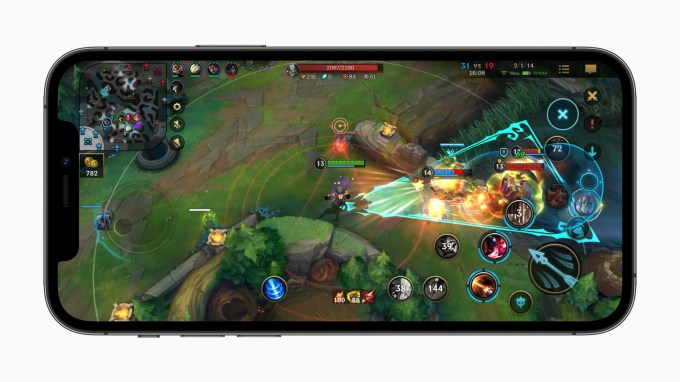
Image Credits: Riot Games
The winners this year will receive a prize package that includes hardware and the award itself.
“This year’s Apple Design Award winners have redefined what we’ve come to expect from a great app experience, and we congratulate them on a well-deserved win,” said Susan Prescott, Apple’s vice president of Worldwide Developer Relations, in a statement. “The work of these developers embodies the essential role apps and games play in our everyday lives, and serve as perfect examples of our six new award categories.”























